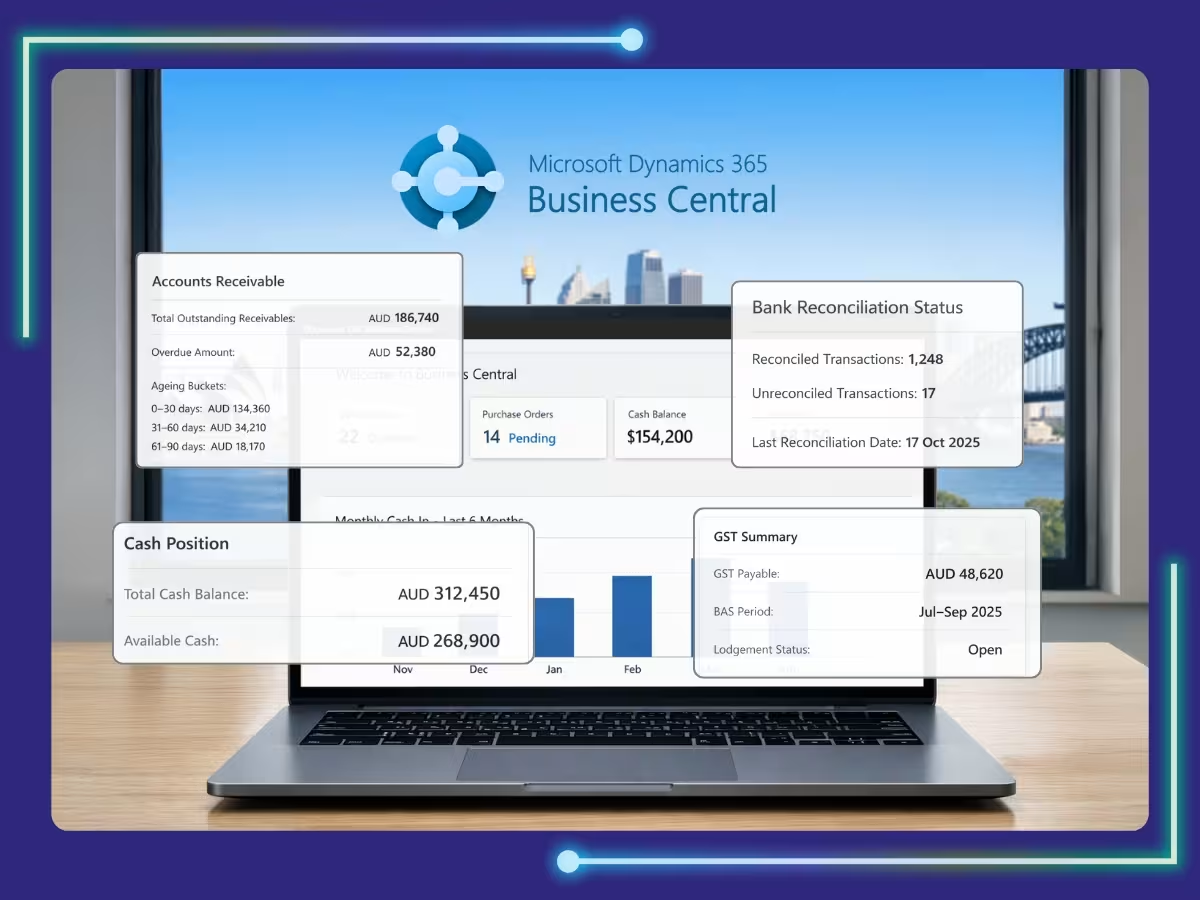Table of Content
Share This Article
- Published: Apr 19, 2021
- Last Updated: Feb 12, 2025
- 🔊 Listen
Human resource is a vital part of any organisation, especially for those involved in the labour-intensive business. Thus, payroll management is a must. Being an Australian business, there are many payroll compliances you must adhere to, and one such aspect you must pay attention to is superannuation. Superannuation is money you pay to ATO on behalf of your workers to provide for their retirement. Outsourced payroll providers can be of great help in ensuring that you adhere to all such compliances on time.
If you payA$450 or more before tax in a calendar month, then you will have to pay super for that employee. You are obligated to pay superannuation to employees under 18 as well as a private or domestic worker who works for more than 30 hours per week. You must pay Super Guarantee (SG), which a minimum an employer must pay. At present, Super Guarantee (SG) is 9.5% of an employee’s ordinary time earnings. You must understand your superannuation obligation as an employer.
Even if you are a sole trader or in a partnership, it is a good way to save up for your retirement. In fact, you might be able to claim a full deduction for contributions you make if it is under the contribution limit threshold.
Superannuation can be of great help not for just employees and self-employed personal but even contractors with Australian Business Number (ABN) are eligible for a superannuation guarantee.
The super is put in a super fund. There are a wide variety of super funds. As an employer, you must provide an eligible employee with a “Standard choice form” that will help you know about their preferred super fund. It is important to understand different types of super funds as an employer or a self-employed individual to understand what will work out best. There are two types of super funds: defined benefit funds and accumulation funds.
In accumulation funds, the contributed money grows or ‘accumulates’ over time. Most funds are accumulation funds. In defined benefit funds, the retirement benefit is determined by a formula. Most defined benefit funds are corporate or public sector funds. Many are now closed to new members. Typically, the retirement benefit is calculated using:
- the money put in by you and your employer
- your average salary over the last few years before you retire
- the number of years you worked for your employer
Employees must think carefully if they want to leave a defined benefit fund. Defined funds are mostly very generous with the retirement benefit and do not allow to re-join in case one leaves it. Super funds can also be categorised in retail, industry, public sector or corporate. As an employer, you will be using MySuper Account as a default account if the employee does not choose a fund for themselves. MySuper accounts typically have lower fees, simple features and are either a ‘single diversified’ or a ‘lifecycle’ investment.
Not every employee is entitled to choose their own super fund, and they must be eligible to choose their super fund. Eligibility criteria are –
- They must be employed under an award or agreement that states that they do not require super support
- They must be employed under an enterprise agreement or workplace determination made on or after 1 January 2021
- They should not be employed under any state award or registered agreement
You don’t need to offer a choice of fund to employees if the employee is on a temporary working visa or their superannuation fund is undergoing a merger or acquisition. In the case of existing eligible employees, they can change their choice of the fund as often as they want. However, you only have to accept a new choice from them once in any 12-month period. You need to keep a record of copies of the completed Standard choice form or ATO online printed summary for five years.
Provided there are various types of super funds options available for employees out there, and it might become stressful for you to process the right contribution to the respective employee. This issue could be solved with the help of the Small Business Superannuation Clearing House (SBSCH). It is a free service by the Australian Taxation Office (ATO), which you can use to make super guarantee (SG) contributions. As the name suggests it is eligible for small business, meaning only business with an annual aggregated turnover of less than A$ 10 million or 19 or fewer employees or can opt for this service.
With the help of SBSCH, you can pay your SG contributions as a single electronic payment. The SBSCH then further distribute the payments to each employee’s super fund. Your super guarantee obligations are met as soon as your payment and instructions are accepted by the SBSCH. Another plus point is that SBSCH is SuperStream compliant. A few things you must make to double-check for errors are –
- Unique Superannuation Identifier (USI)
- Australian Business Number (ABN) if applicable
- Bank account
- Electronic service address
- Super fund member account number
- Fund name
- Payment Reference Number (PRN), match it with your payment instructions
You can nominate someone on your behalf to use the SBSCH on your behalf, and it could be your bookkeeper or payroll professional. Hiring payroll services online can also be an alternative. The number of complexities will only increase with the growth of your business. Also, if you have more than 19 employees or have more than A$ 10 million annual aggregated turnover, then you will not be able to make use of SBSCH. If you are stuck in a similar position and want assistance with your payroll processing, we will assist you with your payroll processing. Contact today to talk to our payroll experts.

Get customized plan that supports your growth

Thousands of business owners trust Whiz to manage their account
Let us take care of your books and make this financial year a good one.





